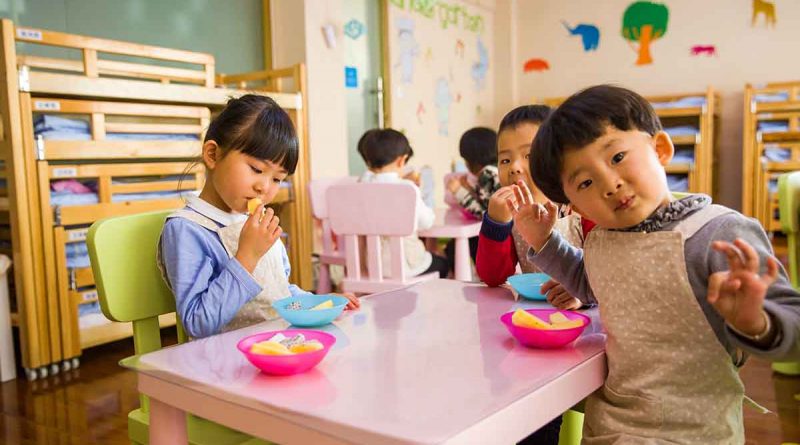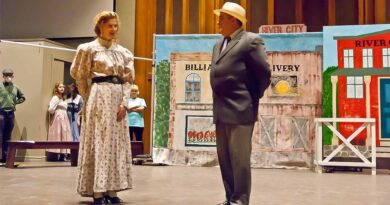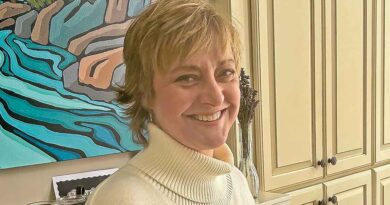Climate Change: A Learning Opportunity
By Ellen Field – Special to SUNonline/Orillia
Climate change is one of the most – and at the same time, least – understood topics. There is a lot of information available, but figuring out what is good information and what is bad is not easy. Thankfully, we have teachers who can guide us toward understanding and action. Sustainable Orillia has an education sector because teachers from kindergarten through to post-graduate study are on the front line against climate change. The education sector is co-chaired by Michael Shillolo (Simcoe County Elementary Occasional Teachers) John Knapp (former Barrie Collegiate school teacher) and Dr. Ellen Field (Postdoctoral Researcher and Contract Faculty at Lakehead University).
How we deal with climate change is a critical discussion in which teachers and students should be actively engaged. It will be children and youth who will be living with the effects of climate change for decades to come. However, climate change is challenging and complex and is often referred to as a ‘wicked problem’ because there is no simple solution or silver bullet. This has led some teachers to avoid the topic due to limited knowledge of the issue and lack of professional development. As educators, we need to dispel the idea that we must be subject experts to engage in climate change education; instead, we need to engage in emergent learning as new research surfaces and local impacts and opportunities arise.

Some teachers indicate they avoid the topic due to fear of creating conflict with students, parents, colleagues or administrators who deny the existence of climate change. However, polling of Canadians by EcoAnalytics in 2017 has shown 86% of Canadians believe there is solid evidence of climate change. Climate change deniers are firmly in the minority, and educating students about this significant issue should no longer be considered controversial.
How can education contribute to reducing greenhouse gas emissions?
Climate change is the most urgent issue facing global society. It is increasingly affecting human health, species distribution, biodiversity, and the ability of the earth’s ecosystems to sustain our physical, economic, social, and environmental needs. The UN Intergovernmental Panel on Climate Change released a report in October 2018 warning only a dozen years remain to take action to reduce greenhouse gasses to prevent global warming from rising by another 1.5° C. Even half a degree matters and will significantly worsen the risks of drought, floods, extreme heat and poverty for hundreds of millions of people. This report raises questions on the responsibility public education has to respond to the impacts of climate change, and what role schools should play in preparing young learners for climate-altered futures.
Climate change is most often taught within science subjects. However, since climate change does not affect ecological systems solely, it follows learning about climate change from a science-specific lens limits examination of the dynamic connections between environmental, economic, political and social factors that underpin and cause climate change. Therefore, climate change education is ideally investigated within an interdisciplinary framework where natural sciences are used to learn about climate systems, and social sciences are used to conceptually grapple with, plan for, and communicate change. Drawing on strategies from education initiatives such as Transformative Learning, Education for Sustainable Development, 21st Century Learning, and Inquiry, teachers can facilitate rich learning experiences which begin with the knowledge and concerns students have about climate change.
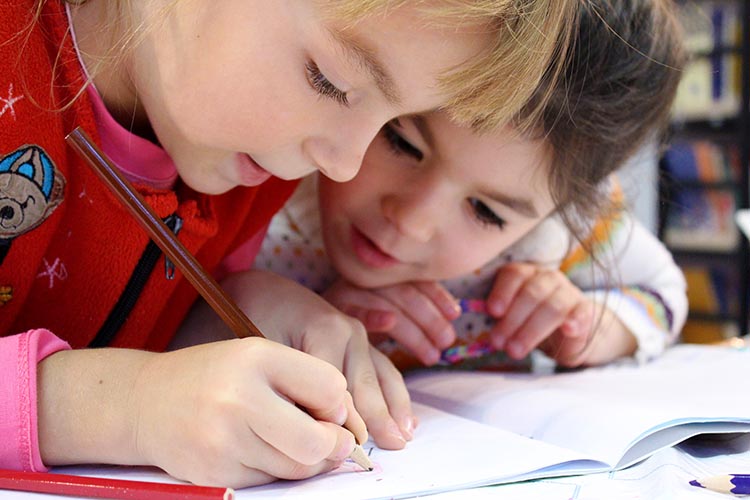
Approaching climate change through a local context offers valuable opportunities to evolve practice towards better student understanding and engagement. Through educational processes, learning from and with community members experiencing local examples of climate change that prompt critical reflection, and translating their learning into community-based action projects, students have the opportunity to engage directly with the issues affecting their lives and communities. More importantly, they can develop leadership skills in developing mitigation and adaptation strategies. Connecting climate change to real world problem-solving cultivates creativity, innovation, community-collaboration, design-thinking, and systems-thinking—all important skills for 21st century learners.
The psychological effects of hearing media stories about environmental degradation and social problems related to climate change—stories which predominantly use disaster framing—can be severe, especially for young learners. Taking an active, education-driven approach to the problem improves understanding and eases anxiety and stress caused by ecological grief.
We are facing a unique learning moment. “Rather than shying away from looming climate change, the learning moment can be seized to think about what really and profoundly matters in society, to collectively envision a better future, and then to become practical visionaries in realizing that future,” say Fumiyo Kagawa and David Selby in Education and Climate Change: Living and Learning in Interesting Times.
(This article is adapted by Dr. Ellen Field from work published in Perspectives by Field and E. Schwartzberg.)
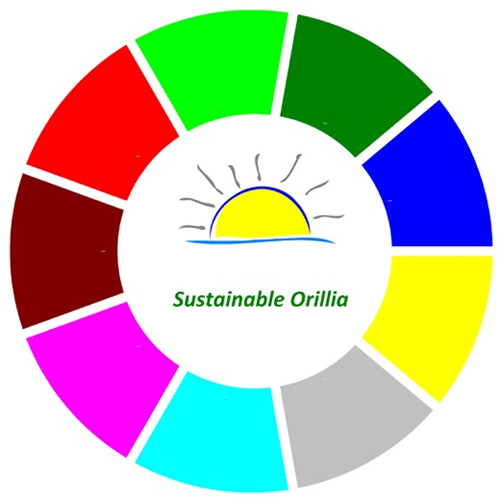
Editor’s Note: This is the 2nd in a series of articles by members of the Sustainable Orillia mayor’s task force in advance of the launch of a community initiative May 24 and 25. The initiative is designed to provide local, attainable, solutions for the effects, economic and quality of life, of climate change. The Sustainable Orillia launch weekend takes place at the Orillia Community Church (Friday night) and Lakehead University (daytime Saturday). Educators interested action planning on May 25th can email efield@lakeheadu.ca with your name and affiliation.
(Photos by Pexels)
Support Independent Journalism
Also see – The Mayor’s Task Force: Sustainable Orillia

